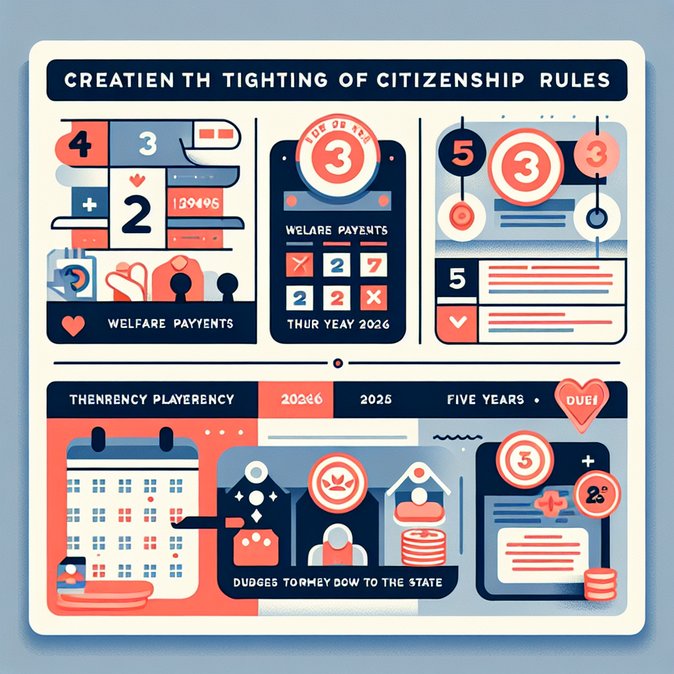
Speaking to reporters on the sidelines of the G20 summit in Johannesburg late on 24 November, Taoiseach Micheál Martin confirmed that Ireland will overhaul the criteria for naturalisation in 2026. Under draft proposals now with the Department of Justice, citizenship applicants must show they have not relied on a specified list of welfare payments in the previous two years and are not in arrears with any State body.
Although Irish law already requires ‘good character’, officials admit the concept is vague. The new approach borrows from Australia’s and Canada’s points-based tests and is designed, Martin said, to ensure that new citizens can “stand on their own two feet economically.” The reform will also extend the minimum residency for refugees from three to five years and require stronger documentary evidence for family reunification.
Business immigration lawyers describe the welfare-test proposal as “headline-friendly but complex.” Many assignees on Stamp 1 or Stamp 4 permits claim child benefit—a universal payment—while they settle in Ireland. The Department insists universal benefits are unlikely to be black-listed, but the final list will be published only after inter-departmental consultation in January.
![Taoiseach signals citizenship ‘reset’: welfare reliance and debts to be checked before naturalisation]()
Human-rights bodies reacted sharply. The Irish Refugee Council warned that excluding welfare recipients risks creating a ‘two-tier’ citizenship, while Sinn Féin said the plan copies the UK’s controversial income-threshold rules without addressing Ireland’s housing crisis.
For global-mobility teams the immediate impact is limited; naturalisation usually occurs several years after first entry. However, the welfare look-back rule means HR managers will need to track any State supports their international hires receive—particularly Covid-style emergency payments—well in advance of citizenship applications.
Martin expects draft legislation to reach the Dáil before the summer recess. With cross-party pressure to “get tough” on migration, most commentators believe the Bill will pass, albeit with amendments clarifying which payments are disqualifying.
Although Irish law already requires ‘good character’, officials admit the concept is vague. The new approach borrows from Australia’s and Canada’s points-based tests and is designed, Martin said, to ensure that new citizens can “stand on their own two feet economically.” The reform will also extend the minimum residency for refugees from three to five years and require stronger documentary evidence for family reunification.
Business immigration lawyers describe the welfare-test proposal as “headline-friendly but complex.” Many assignees on Stamp 1 or Stamp 4 permits claim child benefit—a universal payment—while they settle in Ireland. The Department insists universal benefits are unlikely to be black-listed, but the final list will be published only after inter-departmental consultation in January.

Human-rights bodies reacted sharply. The Irish Refugee Council warned that excluding welfare recipients risks creating a ‘two-tier’ citizenship, while Sinn Féin said the plan copies the UK’s controversial income-threshold rules without addressing Ireland’s housing crisis.
For global-mobility teams the immediate impact is limited; naturalisation usually occurs several years after first entry. However, the welfare look-back rule means HR managers will need to track any State supports their international hires receive—particularly Covid-style emergency payments—well in advance of citizenship applications.
Martin expects draft legislation to reach the Dáil before the summer recess. With cross-party pressure to “get tough” on migration, most commentators believe the Bill will pass, albeit with amendments clarifying which payments are disqualifying.







